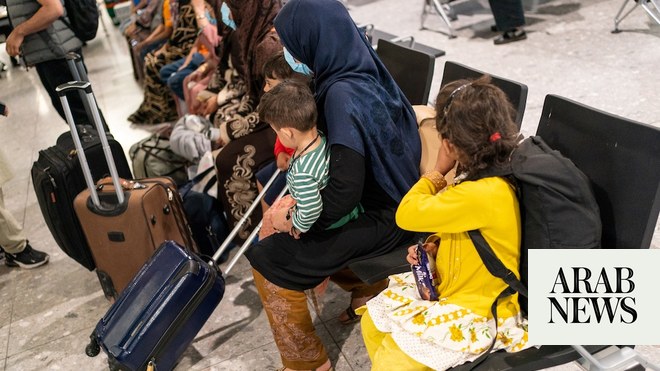
Local authorities have called on the government to suspend the controversial “no recourse to public funds” immigration status for the duration of the coronavirus pandemic, to prevent thousands from falling into destitution and homelessness.
High numbers of people who have this status attached to their visas have been approaching councils for emergency assistance during the pandemic. Many are struggling to survive during the exceptional circumstances of lockdown, with no safety net, according to the Local Government Association (LGA), which represents councils in England and Wales.
Hundreds of thousands of immigrants in the UK have an immigration status that allows them to work here, but which prevents them from accessing most benefits should they become unemployed. Many have lost their jobs because of the Covid-19 pandemic and are struggling to feed their families and pay rent. Many face losing their homes once restrictions on evictions are lifted.
Since March charities all over the country have been helping to feed families designated with this immigration status, after lockdown pushed them into unemployment. Homelessness charities have warned of the rise in homeless migrant workers with the “NRPF” status – many of whom were working until lockdown in the restaurant and hotel industry, and have struggled to pay rents since losing their jobs. Although landlords are prevented from evicting tenants during lockdown, many who have informal tenancies have lost their homes anyway.
Councils have been given special dispensation to house homeless migrants with this immigration status for the duration of the pandemic, but there is no longer-term provision to fund measures to stop people who were sleeping rough from returning to the streets once lockdown ends and hotels housing the homeless return to being used by tourists.
The LGA has asked for greater clarity on how they can help people who are destitute and homeless because of their immigration status. A suspension of the NRPF condition would allow people to claim welfare benefits, which could stave off homelessness, it says.
David Renard, the LGA’s housing spokesman, said: “Councils have been doing everything they can to support all groups facing homelessness. Councils are now planning their next steps in supporting people to move on from emergency accommodation. A temporary removal of the NRPF condition would reduce public health risks and pressures on homelessness services by enabling vulnerable people to access welfare benefits.”
The “no recourse to public funds” status was introduced in 2012 as one of a series of hostile environment immigration measures. Those policies have come under increasing scrutiny in the wake of the Windrush scandal, which saw thousands of legal UK residents denied access to work, housing and healthcare.
The LGA’s call follows one from a consortium of more than 40 migrants’ rights organisations to scrap the NRPF status permanently on the grounds that it “bars most migrants from accessing a vast proportion of the social security net we all rely on in times of crisis”. Those on this visa are barred from things such as universal credit, disability allowances, local authority homelessness support, free school meals and access to mainstream refuges for victims of domestic violence.
A government spokesperson said more than £3.2bn had been allocated to local authorities to help them deal with the unexpected costs of lockdown and £750m to charities to reach out and support the most vulnerable. The spokesperson added that many coronavirus measures were not considered public funds, so should be available to migrants with no recourse to public funds.
“Families with leave under family and human rights routes can apply, free of charge, to have no recourse to public funds conditions lifted and we encourage anyone eligible to submit an application. Government measures such as rent protections also apply to those with these conditions,” they said.
The Home Office was unable to say how many people had applied for this exemption, or how many had been granted it. Charities supporting people with this immigration status say getting the status lifted is extremely difficult.
Sally Daghlian, chief executive of the migrant rights charity Praxis, which is backing the call and which has helped hundreds of families facing destitution during the pandemic, said: “We have seen parents going without food to try to ensure their children eat, and people facing homelessness and mounting debt. In the face of this pandemic, people with NRPF have not been supported through the government’s Covid-19 safety net. If the government is committed to ending destitution, child poverty and homelessness, it should permanently suspend NRPF as a matter of urgency.”












